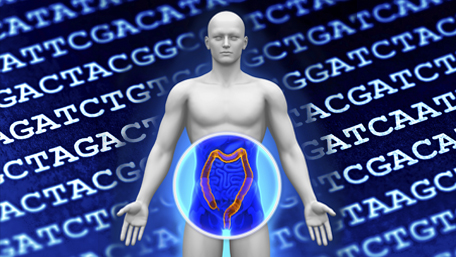
05/26/2020
Hot Topics of the Day are picked by experts to capture the latest information and publications on public health genomics and precision health for various diseases and health topics. Sources include published scientific literature, reviews, blogs and popular press articles.
Sign up MyPHGKB to receive the daily hot topic email alert.
Archived Hot Topics of the Day By Date
Worldwide Prevalence of Familial Hypercholesterolemia: Meta-Analyses of 11 Million Subjects.
Beheshti Sabina O et al. Journal of the American College of Cardiology 2020 May 75(20) 2553-2566
SPHERES Podcast
CDC podcast, May 26, 2020

Use of apps in the COVID-19 response and the loss of privacy protection
T Sharma et al, Nature Medicine, May 26, 2020
No evidence for allelic association between Covid-19 and ACE2 genetic variants by direct exome sequencing in 99 SARS-CoV-2 positive patients
A Novelli et al, MEDRXIV May 26, 2020
A machine learning approach predicts future risk to suicidal ideation from social media data
A Roy, et al, NPJ Digital Medicine, May 26, 2020
Local cellular cues that influence the immunology of colorectal cancer treatment
GP Donaldson et al, Nature Medicine, May 25, 2020
Genomics-guided pre-clinical development of cancer therapies
HE Francies et al, Nature Cancer, May 2020
Precision psychiatry with immunological and cognitive biomarkers: a multi-domain prediction for the diagnosis of bipolar disorder or schizophrenia using machine learning
BS Fernandes et al, Translational Psychiatry, May 24, 2020
Disclaimer: Articles listed in Hot Topics of the Day are selected by Public Health Genomics Branch to provide current awareness of the scientific literature and news. Inclusion in the update does not necessarily represent the views of the Centers for Disease Control and Prevention nor does it imply endorsement of the article's methods or findings. CDC and DHHS assume no responsibility for the factual accuracy of the items presented. The selection, omission, or content of items does not imply any endorsement or other position taken by CDC or DHHS. Opinion, findings and conclusions expressed by the original authors of items included in the Clips, or persons quoted therein, are strictly their own and are in no way meant to represent the opinion or views of CDC or DHHS. References to publications, news sources, and non-CDC Websites are provided solely for informational purposes and do not imply endorsement by CDC or DHHS.
- Page last reviewed:Feb 1, 2024
- Page last updated:Apr 25, 2024
- Content source:







